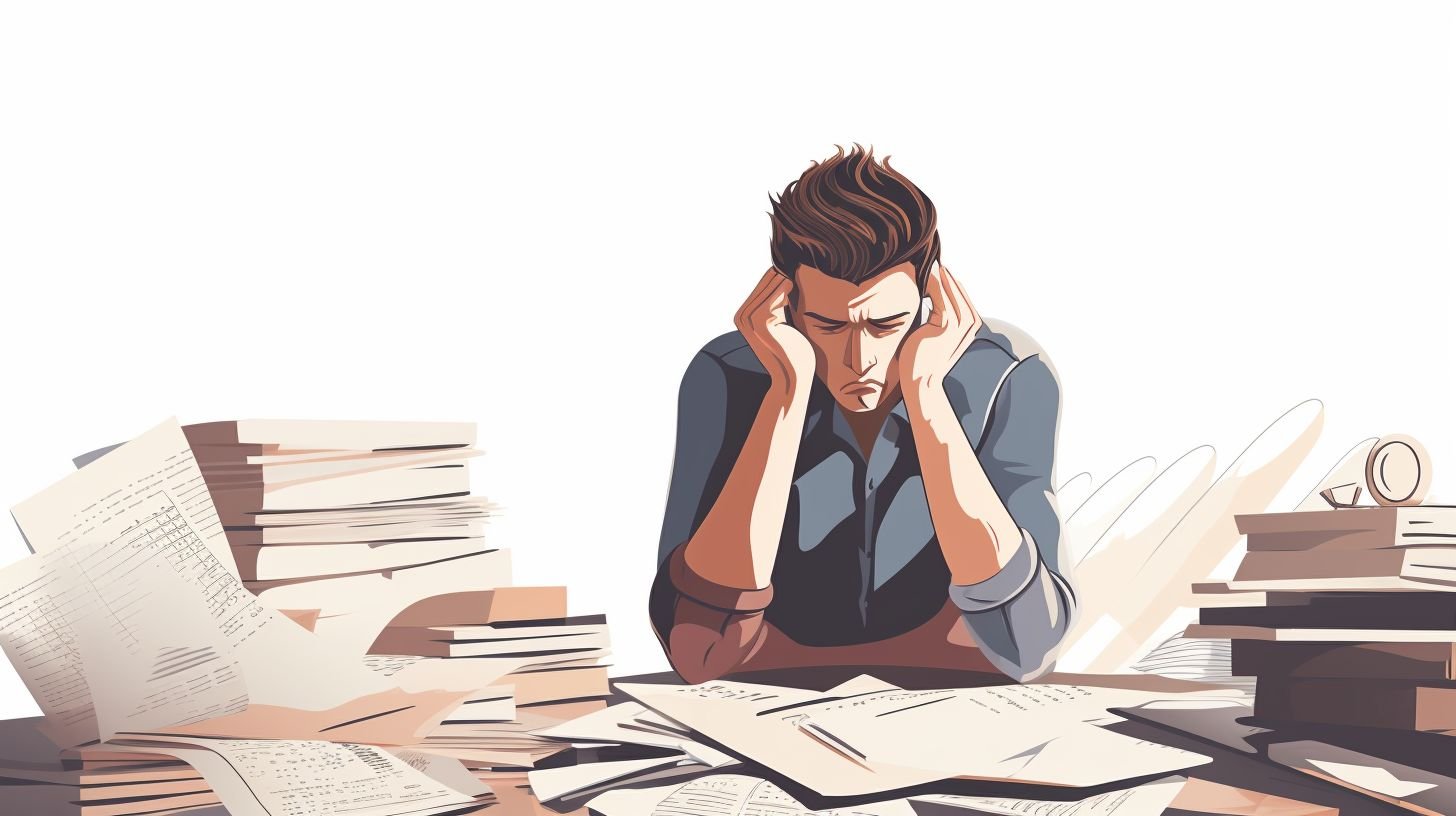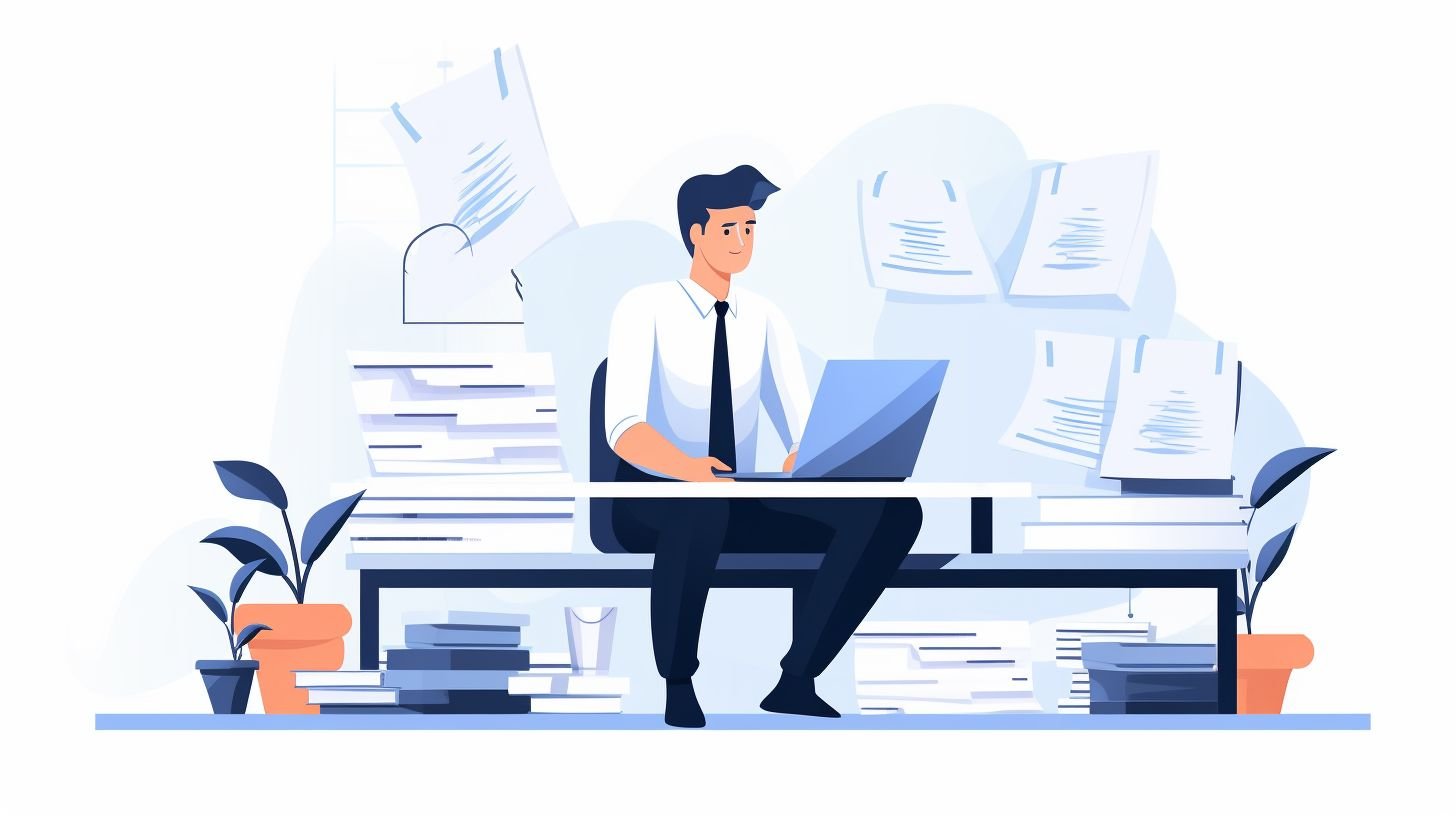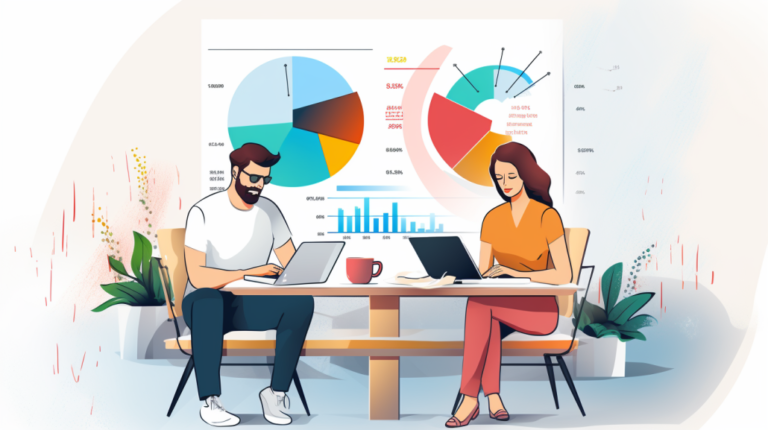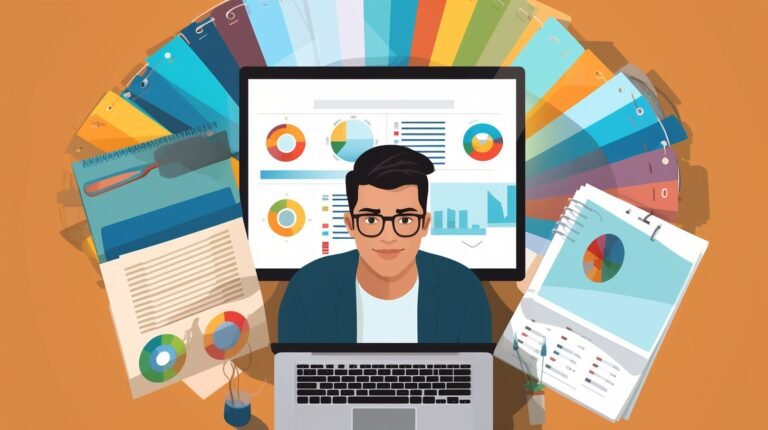How to Maintain a Good Credit Score During Unemployment

Key Takeaways
- Unemployment can indirectly impact your credit score, but there are ways to maintain a good credit score during this time.
- Strategies for maintaining a good credit score during unemployment include paying bills on time, managing spending wisely, using credit cards responsibly, considering balance transfers, and exploring the option of a co-signer if necessary.
- Taking inventory of your debts and developing a plan to manage them effectively is crucial for maintaining a good credit score during unemployment.
- Paying utility bills on time, prioritizing essential utilities, communicating with utility providers, budgeting for utility expenses and exploring energy-saving measures can help maintain a good credit score during unemployment.
Understanding the Impact of Unemployment on Credit Scores
 Unemployment can have indirect impacts on credit scores, which is why it’s important to understand how job loss can affect your financial standing.
Unemployment can have indirect impacts on credit scores, which is why it’s important to understand how job loss can affect your financial standing.Indirect impacts of unemployment
Job loss affects more than just your pay. It can change how you live and what you do each day. You may have less money for fun things like movies or eating out. Your plans might need to change too. Maybe a family trip needs to wait, or maybe you put off buying a new car. These changes can make it hard to pay bills on time, leading to bad credit scores. But remember: being jobless is tough but there are ways to keep your credit score good during this time.Why your credit score matters
Your credit score is like your money grade. Banks, lenders, and even landlords look at it to decide if they can trust you with their money or assets. A high score says that you pay bills on time and handle your debts well. It opens up doors for better loans, credit cards, or mortgages. If your score is low, getting these things becomes hard or impossible. So yes, keeping a good credit score matters a lot!Strategies to Maintain Good Credit Score During Unemployment
 During unemployment, there are several strategies you can employ to maintain a good credit score. This includes consistently paying bills on time, managing your spending wisely, responsibly using credit cards, considering balance transfers, and even exploring the option of a co-signer if necessary. These proactive steps will help safeguard your credit during this challenging period and ensure a brighter financial future.
During unemployment, there are several strategies you can employ to maintain a good credit score. This includes consistently paying bills on time, managing your spending wisely, responsibly using credit cards, considering balance transfers, and even exploring the option of a co-signer if necessary. These proactive steps will help safeguard your credit during this challenging period and ensure a brighter financial future.Paying bills on time
Paying bills on time is a must. It helps keep your credit score high. Late or missed payments can hurt your score a lot. This might make it hard for you to get loans in the future. Even if money is tight, try to make at least the smallest payment on all bills each month. If this sounds tough, talk to the people you owe money too. They may let you pay less or pay later without any late fees.Managing your spending
I keep a close eye on my spending. This helps me cut back on what I don’t need and just buy what’s essential. A budgeting app can help track every dollar spent. It acts as a guiding light, showing where the money is going. Buying only necessary things keeps debt from growing too much when your income goes down or stops during job loss.Responsible credit card use
Using a credit card responsibly is important for maintaining a good credit score, especially during unemployment. One key aspect of responsible credit card use is paying off the balance in full each month. This shows lenders that you can manage your debts and make timely payments. Another tip is to avoid carrying over a balance on your credit card, as this can lead to accumulating interest and increase your overall debt. By using your credit card wisely and paying it off promptly, you can help raise your credit score even without regular employment or applying for new credit.Investigating balance transfers
When facing unemployment, it’s important to explore different strategies for maintaining a good credit score. One option to consider is investigating balance transfers. With balance transfer cards that offer 0% interest for a certain period of time, you can transfer your existing credit card debt and have more time to pay it off without accumulating interest. This can help you save money and make managing your debt easier during this challenging time. Just remember to avoid carrying over a balance on your credit card after the introductory period ends, as this could lead to accumulating high interest charges again. By taking advantage of balance transfers, you can take control of your credit card debt and work towards maintaining a good credit score even in the face of unemployment.Considering a co-signer
If you’re facing unemployment and want to maintain a good credit score, considering a co-signer can be helpful. A co-signer is someone who agrees to take responsibility for your loan or line of credit if you’re unable to make payments. They provide financial support and can ensure that payments are made on time, which is important for maintaining a good credit score. With a co-signer, it may also be easier to negotiate delayed or smaller payments with lenders during this challenging time. Additionally, having a co-signer can help prevent excessive debt that could lower your credit score. It provides an extra layer of financial stability and may even improve your overall creditworthiness.Giving your credit a boost
To give your credit a boost, there are some strategies you can try. One option is to use Experian Boost, which allows utility and phone bill payment history to be connected to your credit report. This could potentially improve your credit score even if you’re not actively using credit or employed. Another tip is to make sure you’re paying all of your bills on time. Payment history is the most important factor in determining your credit score, so it’s crucial to avoid any late payments. Finally, responsible credit card use can also help raise your credit score. By paying off the balance in full each month and avoiding carrying over a balance, you can prevent accumulating interest and show that you’re able to manage debt effectively.Taking Inventory of Your Debts
 To maintain a good credit score during unemployment, it’s crucial to take inventory of your debts and develop a plan to manage them effectively.
To maintain a good credit score during unemployment, it’s crucial to take inventory of your debts and develop a plan to manage them effectively.Mortgage and Auto Loan
When facing unemployment, it’s important to manage your mortgage and auto loan payments carefully. Here are some tips to help you maintain a good credit score:- Create a budget and stick to it using a budgeting app. This will help you prioritize your mortgage and auto loan payments.
- Make essential purchases only and avoid taking on excessive debt. Keeping your debt levels low can positively impact your credit score.
- Pay off credit card balances in full each month. This will show responsible credit card use and improve your credit score for mortgage and auto loans.
- Avoid carrying over a balance on your credit cards, as this can lead to accumulating interest and make it harder to meet mortgage and auto loan payments.
- Consider balance transfers with 0% interest offers. This can provide extra time to pay down credit card debt and better manage your mortgage and auto loan payments.
- If possible, explore the option of being added as an authorized user on someone else’s credit card. This can help build your credit history and potentially qualify you for better rates on mortgages and auto loans.
Credit Cards
Credit cards can be a useful tool for managing expenses and building credit during unemployment. Here are some strategies to consider:- Pay your credit card bills on time: This helps maintain a positive payment history, which is important for your credit score.
- Manage your spending: Be mindful of how much you charge on your credit cards. Keep track of your expenses and avoid unnecessary purchases.
- Use your credit cards responsibly: Pay off the full balance each month to avoid interest charges and keep your credit utilization ratio low.
- Consider investigating balance transfers: Some credit cards offer 0% interest for a limited time on balance transfers. This can help you pay down existing credit card debt without accumulating additional interest.
- Think about adding a co-signer: If you’re having trouble getting approved for new credit cards, consider asking someone with good credit to co-sign for you.
- Give your credit a boost: Look into programs like Experian Boost, which allows you to include utility bill payments in your credit report, potentially improving your score.
Utility Payments
Utility payments are an important aspect of maintaining a good credit score during unemployment. Here are some strategies to consider:- Pay utility bills on time: Timely payments show reliability and responsibility, which can positively impact your credit score.
- Prioritize essential utilities: During times of financial hardship, it’s important to prioritize essential utilities like electricity, water, and gas. This ensures that you maintain basic services while managing your budget effectively.
- Communicate with utility providers: If you’re struggling to make payments, reach out to your utility providers and explain your situation. They may be able to offer flexible payment options or assistance programs that can help alleviate financial stress.
- Consider budgeting for utility expenses: Including utility expenses in your overall budgeting plan can help you stay on track with payments and avoid late fees or service interruptions.
- Explore energy-saving measures: Implementing energy-saving measures in your home can help reduce utility costs over time. This includes simple actions like turning off lights when not in use or using energy-efficient appliances.
Is it Possible to Maintain a Good Credit Score Internationally During Unemployment?
Maintaining a good credit scoring internationally while unemployed can be challenging. Unemployment may lead to financial instability, affecting creditworthiness. However, proactive steps like paying bills on time, limiting credit utilization, and seeking assistance from credit counseling agencies can help mitigate the impact. Establishing a solid credit history is crucial, as it can positively influence credit scoring internationally and provide future financial opportunities.
Conclusion
 Maintaining a good credit score during unemployment is crucial for your financial future. By paying bills on time, managing your spending, and using credit cards responsibly, you can keep your credit in good shape. Investigating balance transfers and considering a co-signer are also helpful strategies. Remember, taking inventory of your debts and staying proactive will make a big difference in maintaining a solid credit score during these challenging times.
Maintaining a good credit score during unemployment is crucial for your financial future. By paying bills on time, managing your spending, and using credit cards responsibly, you can keep your credit in good shape. Investigating balance transfers and considering a co-signer are also helpful strategies. Remember, taking inventory of your debts and staying proactive will make a big difference in maintaining a solid credit score during these challenging times.





